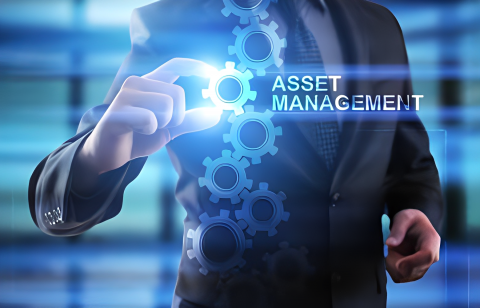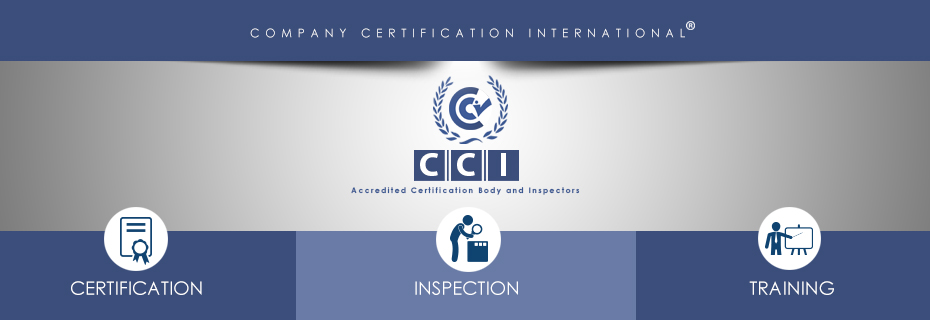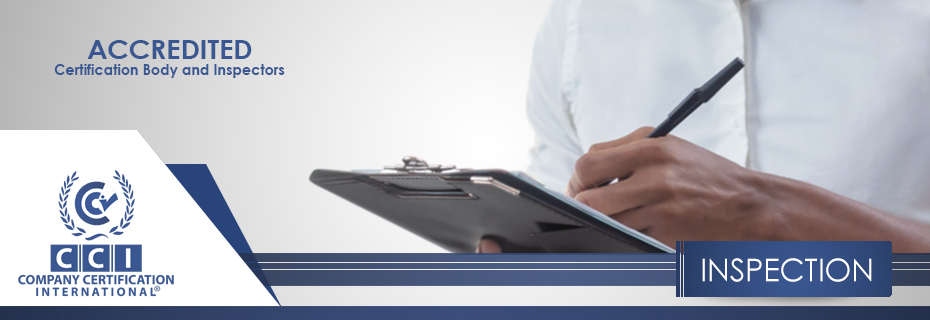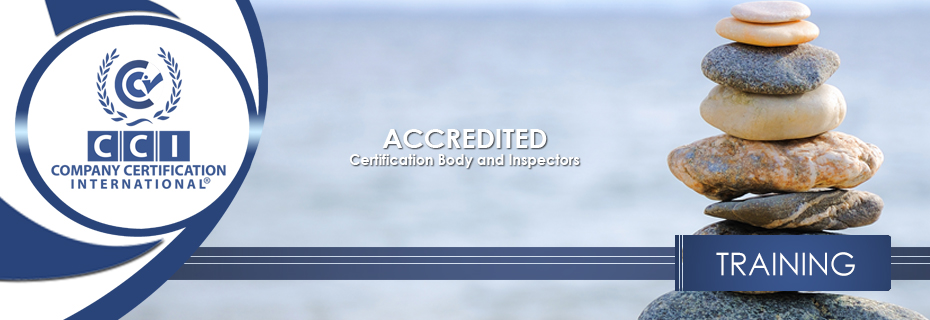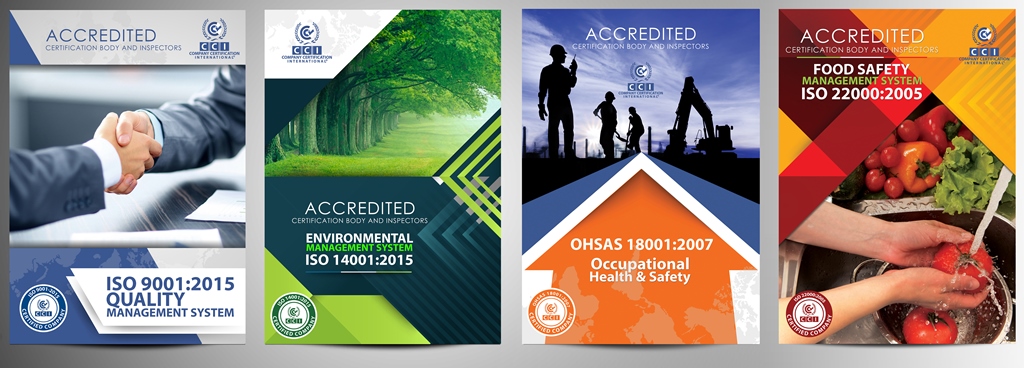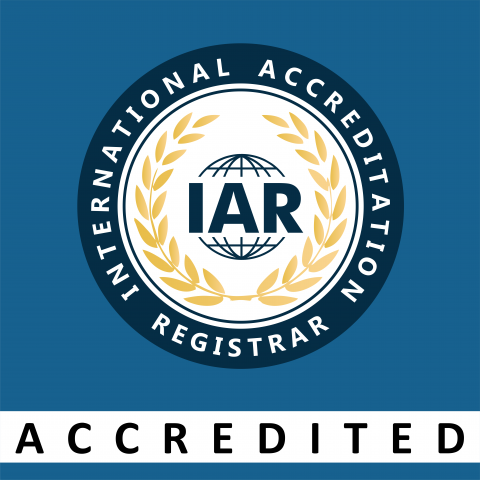ISO 55001
WHAT IS ISO 55001?
ISO 55001(or ISO 55001:2014) enables organizations to implement Asset Management System necessary to manage their assets and optimize their lifetime value effectively and efficiently. With the advent of Publicly Available Specification (PAS 55), ISO 55001 standard is being widely adopted in various industries (utilities, transport, mining, process and manufacturing) over the globe and is seen as the blueprint for any organization focused on management and in maximizing their value.
The ISO 55000 family comprises of three standards:
ISO 55000
Provides an overview of the subject of asset management and the standard terms and definitions.
ISO 55001
It is the requirements specification for an integrated, effective management system for asset management.
ISO 55002
It provides guidance for the implementation of such a management system.
Scope Application:
- Those who are involved in the establishment, implementation, maintenance and improvement of an asset management system.
- Those who are involved in delivering asset management activities and service providers.
- The internal and external parties to assess the organization’s ability to meet legal, regulatory and contractual requirements and the organization’s own requirements.
HOW TO GET ISO 55001
Our skilled consultants help you make any necessary improvements to your business processes with our 3-stage certification process ensuring you get the help you need at every step. Further, we will create an Asset Management System manual for your business that will save your time and money.
After achieving ISO 55001 certification, you will need to pass an audit each year ensuring your business continues to benefit from complying with the standard. Your first audit will take place one year after you receive your first ISO 55001 certificate.
The Certification Process
Online gap analysis allows us to see the current
- quality benchmark within your organization,
- the finances required
- the time required for this project (System and Certification Fee)
Your Estimate will be shared with you in 24 hours.
Upon Estimate Approval the project starts:
- A client executive is assigned to your project
- Contact information is shared with you
- The Payment details are provided to you
All Support is delivered Online.
The Client Executive will provide the Documentation Templates and explain to you how to amend it.
You will be required to perform the following tasks:
- Identify your core or business processes.
- Amend documentation that meets your business needs. (Policy statements, objectives, manuals, work instructions, job descriptions, forms.)
- Encourage employees to be aware of the new documented system
- Review, approve, and distribute the documents to those who need access to the information.
- Ensure procedures are being performed as documented.
- Ensure employees are trained properly for the tasks they are performing.
- Create effective reporting systems.
- Monitor the effectiveness of your processes through the use of measurable data, where possible.
- Review and take action to improve in the areas required.
- Plan internal auditing activities.
- Submit your management system documentation for review to ensure it complies with the applicable standard.
- Prepare for review by an external auditor to confirm that the system’s requirements are being satisfied and that the management system is implemented effectively.
- Obtain ISO Certifcaiton
- This periodic on-site review is usually conducted annually.
- It ensures that the certified business continues to comply with Standard requirements, as confirmed during the Recertification Audit at the certification cycle's outset.
- Most are conducted remotely.
Refer to learn more about Types of Audits

